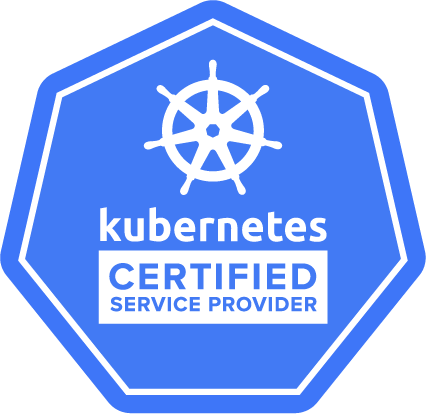Recently, a coworker brought to my attention an article titled ‘The messy WordPress drama, explained’. As you might know, my passion is with low-level software, the Linux kernel, and a block device driver called DRBD. WordPress is software a few layers further up in the stack, but what it has in common with my home ground is the license: The GPL (v2 or later).
The article explains the harsh attack by one of the co-founders of WordPress against WP Engine, a WordPress hoster. According to the article, he blames them for only taking and not giving back in the form of contributing to the open source project. He is also involved in WordPress.com, a competitor of WP Engine, and he claims that his own company contributes considerably to the open-source project, in contrast to WP Engine.
From my point of view, this is an example of a “Benevolent Dictator” of an open-source project running into a conflict of interest with his personal business and the freedoms of the license that guards the distribution of the open-source project he guides.
On the one hand, we have the license, which is beautifully presented and outlines the four core freedoms of open-source software on the wordpress.org page. The first reads: “The freedom to run the program for any purpose.”
On the other hand, we see rising dissatisfaction with players who only freeload and do not contribute. Red Hat used the term freeloading during their move to disclose source code only to the recipients of their Linux distribution. Recently, opensourcepledge.com made its public appearance. Additionally, some foundations, like the Linux Foundation, serve a similar role partly by collecting membership fees from companies and employing Linux Torvalds and a few other Linux maintainers.
When it comes down to it, the open-source licenses appear legally complete but have a loophole regarding non-contributing consumer entities.
At LINBIT, we strive to contribute to and participate in the open-source project. One of the many ways we do that is by providing quality documentation and resources. In addition to creating new material, we are continuously working to improve existing material with the knowledge that people use our content to learn about our software.
In our mission to provide relevant material, the team recently made some technical edits and republished ‘Highly Available NFS Exports with DRBD & Pacemaker’. Another topic we recently reviewed and republished to serve the readers of our blog better is ‘Performance Tuning for LINSTOR Persistent Storage in Kubernetes,’ which provides guidelines that help users achieve the best performance for LINSTOR persistent storage in Kubernetes.
We’ve also released some LINBIT VSAN content. A blog, ‘Deploy Highly Available Data Stores Easily with LINBIT VSAN’, and a video ‘What You Need to Know About LINBIT VSAN’. Both pieces provide great introductory information about the software.
Regarding software updates, we released drbd-reactor 1.5.0. We found no issues in the release candidate, so the link shares the RC1 announcement text. We also pushed an update to the LINSTOR GUI. You can learn about the additions and fixes to LINSTOR GUI v1.8.3 and download the update in the link.


